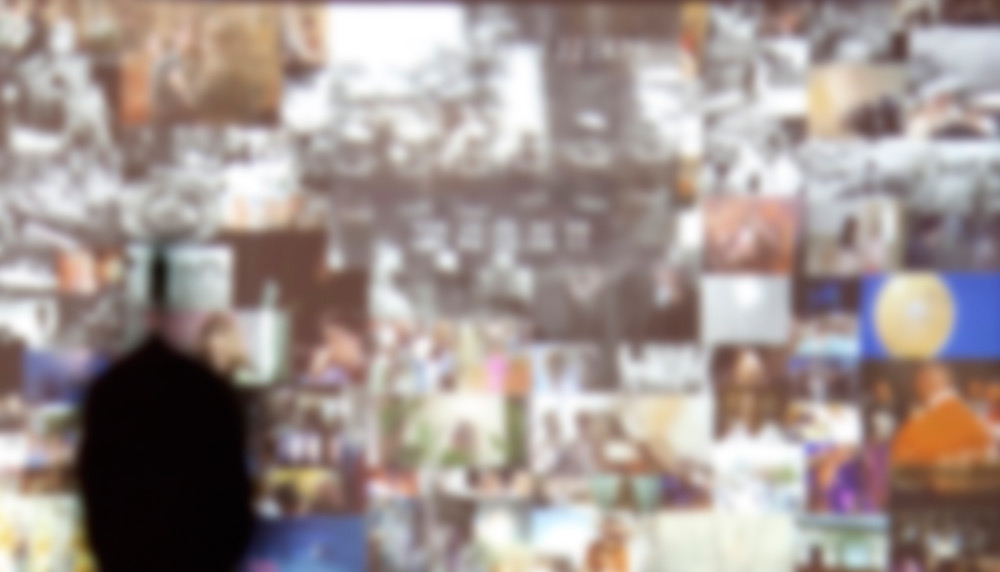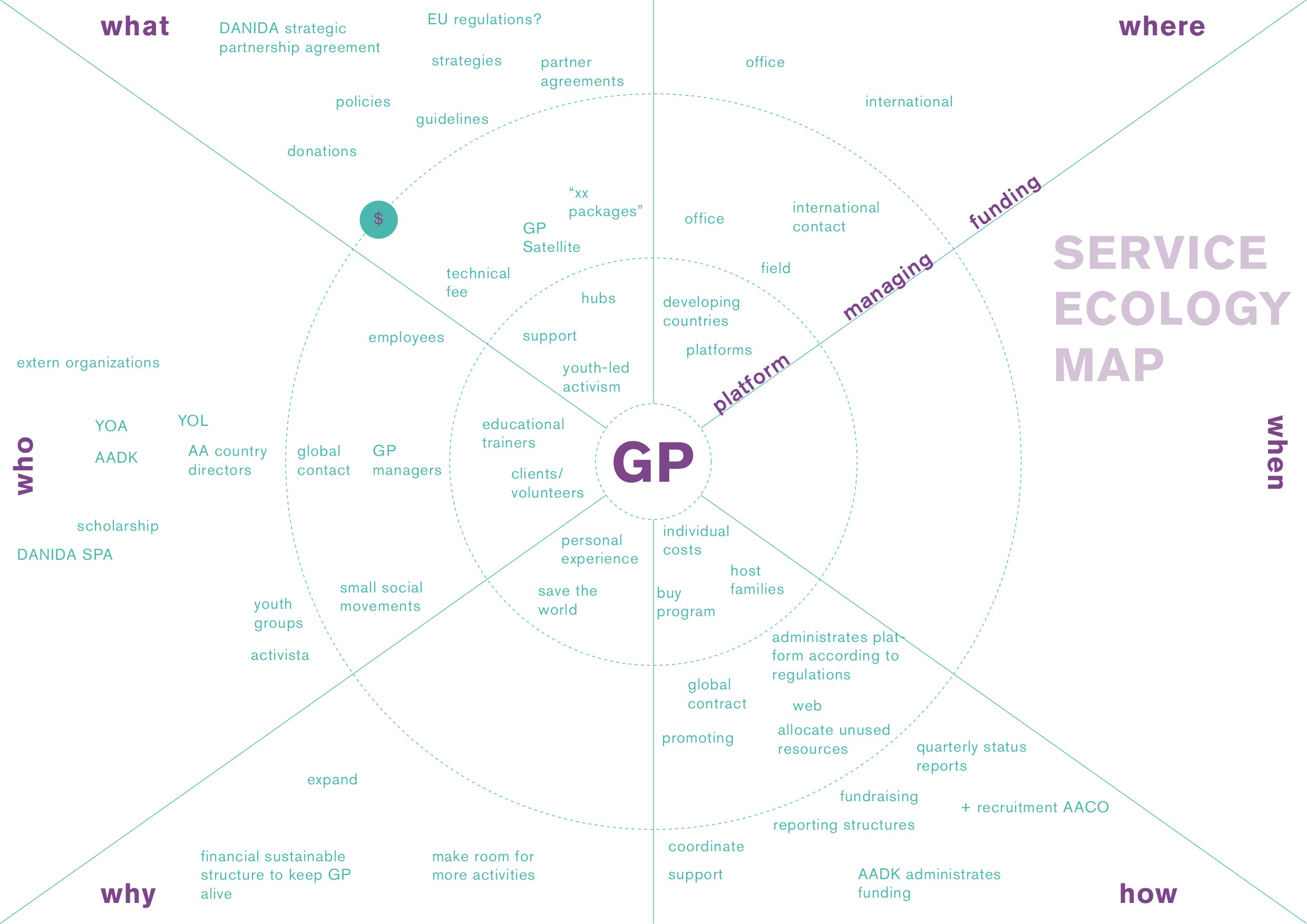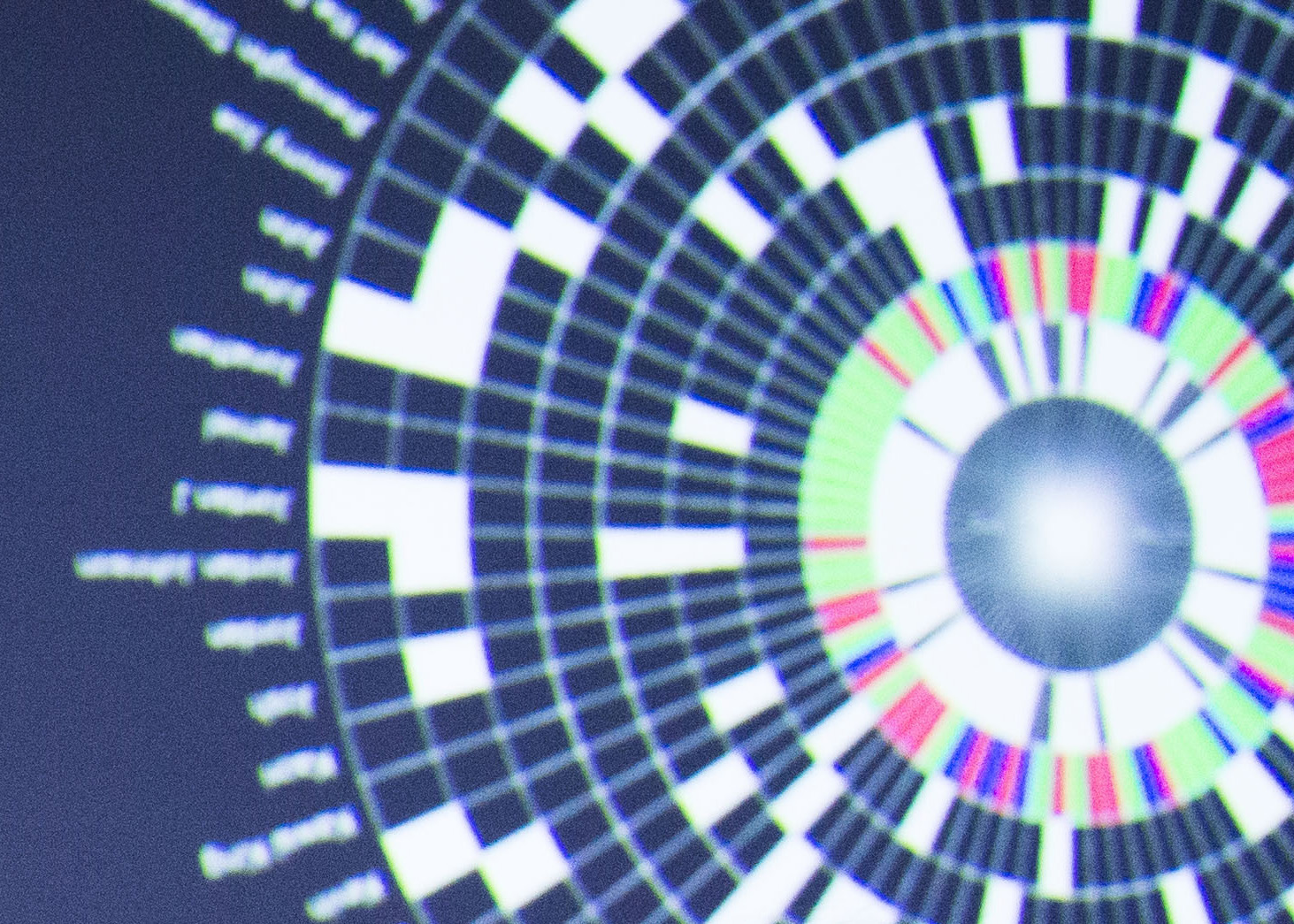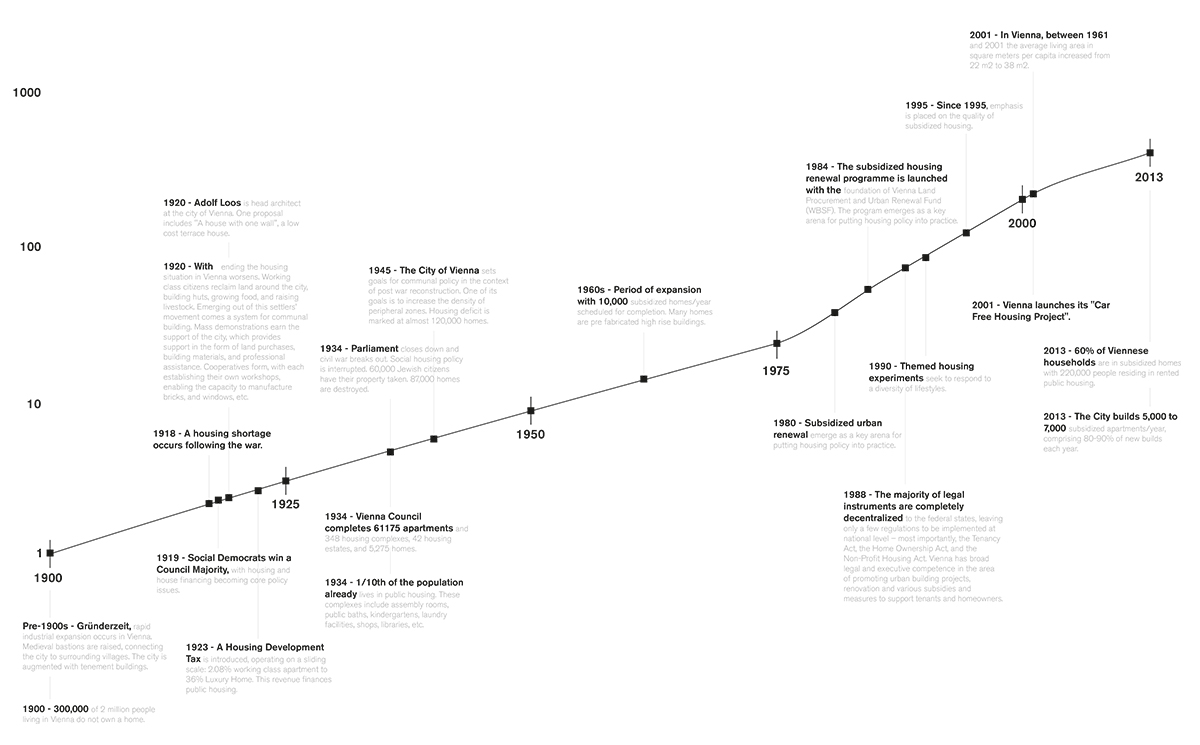mAPPing the Territory
As technology and connectivity continue to rapidly transform interaction and self-perception, the lines between digital and physical; reality and fiction become increasingly blurred. Curated versions of daily life, ‘Fake News’ and live connections to anonymous audiences with no geographic boundaries are new realities of storytelling. DoUC had the opportunity to work with a group of talented grade 9 students and have some fun digging into these topics, asking how can digital media and online social platforms extend traditional methods of storytelling?
With Humber College students and volunteer facilitators, DoUC designed and ran a series of workshops with youth from Pathways to Education Rexdale that were intended to explore the intersection of virtual spaces and our physical and social reality through storytelling with mobile and social media apps. Students learned how to use basic design principles and tools to develop a series of fictional personas and then create digital content to bring each character to life in the virtual world, culminating in an exhibition showcasing the stories and the journey of the students.
The students began by brainstorming as many individual characters as they could (83 in total) in order to get comfortable with the idea of creating personas and to exercise their imagination. Next, they formed groups and each was tasked with fully developing a new persona, building the story of their character over time and geography. DoUC used the creation of these storylines to teach common design tools, including storyboarding, geographic mapping and journey mapping, to draw out overall plotlines, add detail and identify positive and negative moments throughout the life of the characters. Students then took to social media to publish their stories in the form of profiles across multiple platforms that brought their nine characters to life—using social media as a way to bring fiction into reality.
With the help of Humber College media students, these stories were translated into a series of projections to create an exhibition that acted as both documentation of the design process and a showcase of the students’ work. A video was produced—which ultimately was left intentionally pixelated out of necessity to accommodate student privacy—as part of the process documentation, but also became part of the commentary on the conversations with students and reality when dealing with issues of privacy and permission.
For DoUC, this project was more than an opportunity to introduce design to the students and create an interesting exhibit. The workshops afforded the chance to have interesting conversations with the students on topics such as privacy, systems and technology, why “maps are boring”, and by the end of the project many of the students were sharing some great insights about how the fictional stories related to their own lives.







